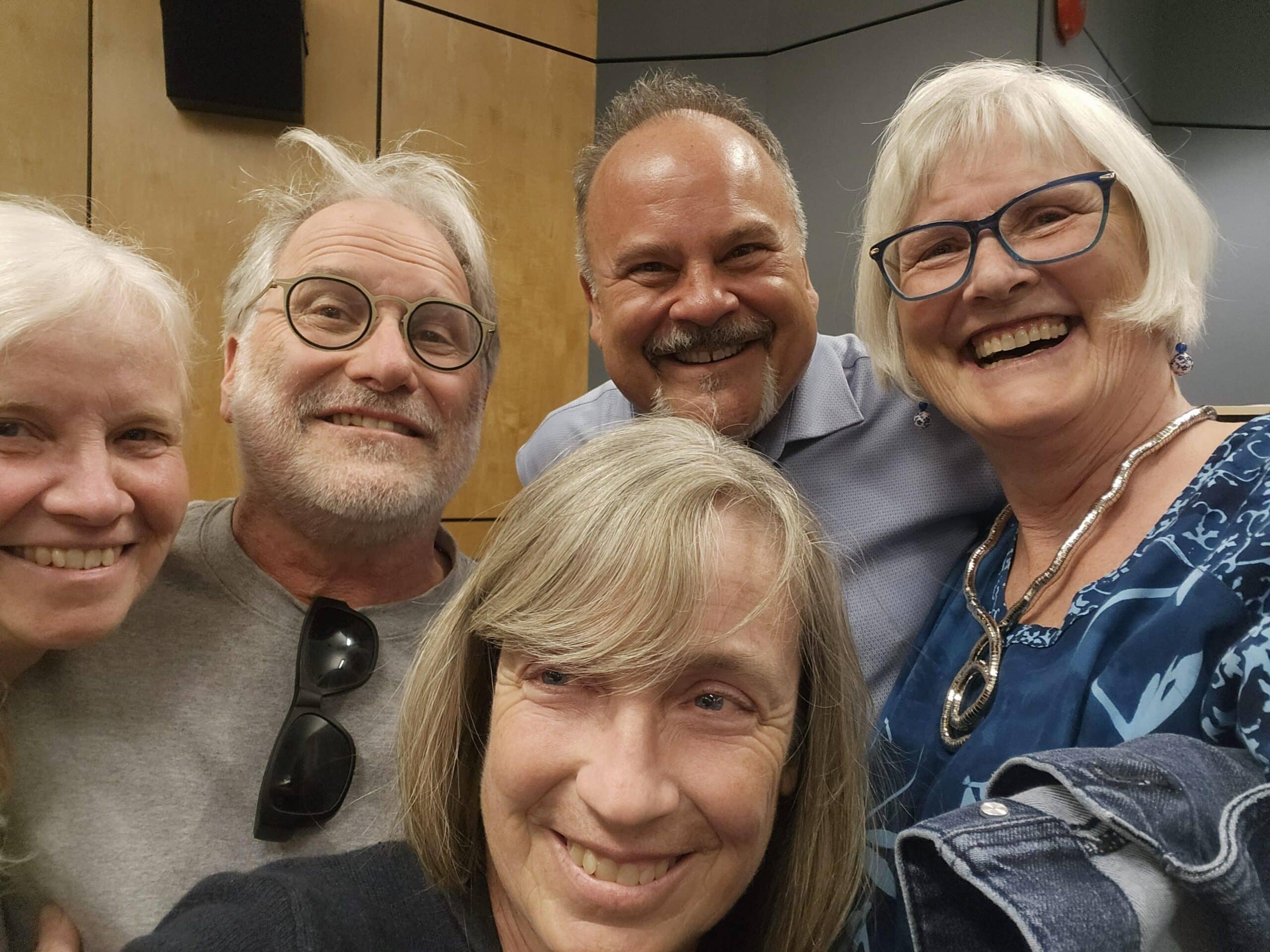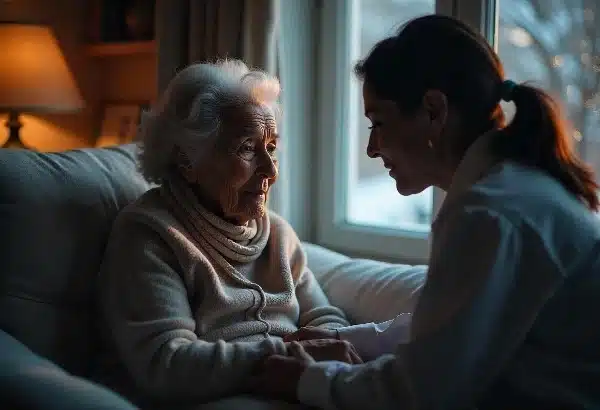I have heard it said that “Life is terminal – and it is sexually transmitted! I do believe there is wisdom in the statement “Death education left to the death bed is as inappropriate as sex education left to the marital bed”.
So, if death is universal and if we need to prepare… the big question is HOW?
According to the Canadian Hospice Palliative Care Association (CHPCA) “Speak Up Campaign” Advance Care Planning is all about “conversations”. For those Baby Boomers and others who place a high value on autonomy, it is especially important to have these conversations! For those who do not want to burden their families with making decisions on our behalf without knowledge, it is especially important to have these conversations!
But, for some people talking about dying and end of life issues is as difficult as talking about sex with kids. So how can we open the door to talk?
Here are a few resources that might be helpful:
Websites:
- The “Speak Up” campaign (CHPCA) offers a great variety of resources for individuals, community organizations and health care professionals, and links to provincial sites. The blog posts and short articles address a variety of topics and may be just the one you need.
- Each province has different legislation and use different terminology. Connect with your provincial sites for details.
- For people living in the US see the National Hospice and Palliative Care Organization – “Caring Connection” site.
Books:
- “Advance Care Planning: Communicating about Matters of Life and Death” by Leah Rogne was published this summer. With a variety of topics addressed, each chapter looks to be interesting. This book may be more for professionals, but will include some good tips on talking. Leah and I talked about this bookas she wsa writing it and I look forward to reading it.
- “Living Life Dying Death: A guide to health conversations about death and dying to inspire life and living” Try this little book by Jennifer Collins Taylor to stimulate conversations.
Articles:
In the past year there have been fabulous articles in the press about aging, decision making, hospice palliative care etc… here are just a few articles or blogs
- Kath’s blog “Don’t block the exit” A phrase that might resonate with your loved one.
- A life or death situation A story of a man in a bike accident and how the story plays out….
- New Old Age Blog NY Times A variety of articles about aging…
Events include but are definitely NOT limited to:
- Death Cafes – “At a Death Cafe people, often strangers, gather to eat cake, drink tea and discuss death”. Perhaps there is safety in talking with strangers, and an ease in not being “shut down” by family who may not be as willing to open this door. (This website is not up to date and does not show the locations of Death Cafes in Canada.)
Media, music, movies, art,… can certainly trigger conversation.
- Still Mine – I can’t wait to see this movie!
- Blog – 15 songs addressing aging and dying…. Some old favorites, a few new ones.
This list is just a start! Please add your favorites!
How do you open the door to conversations? How have your loved ones opened the door? How do you open the door as a professional?









One Response
Hospice Care It’s a special way of caring for people with serious illness and their families. Our purpose is to help people maintain dignity and control over their own lives and care. That means we care for their physical, emotional and spiritual needs. We realize that families need the best care for there loved one as this is a very had time for them. It is important that extra care is given